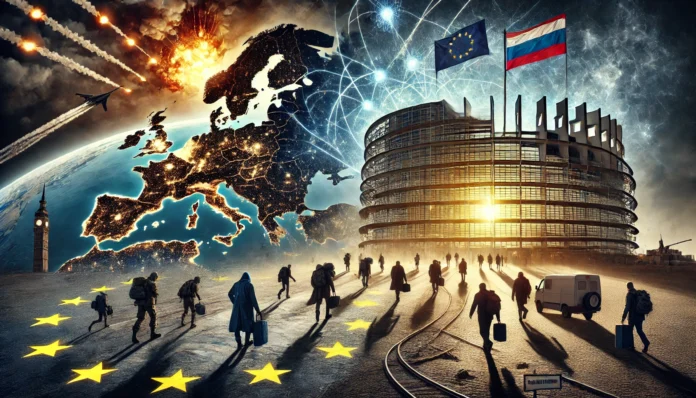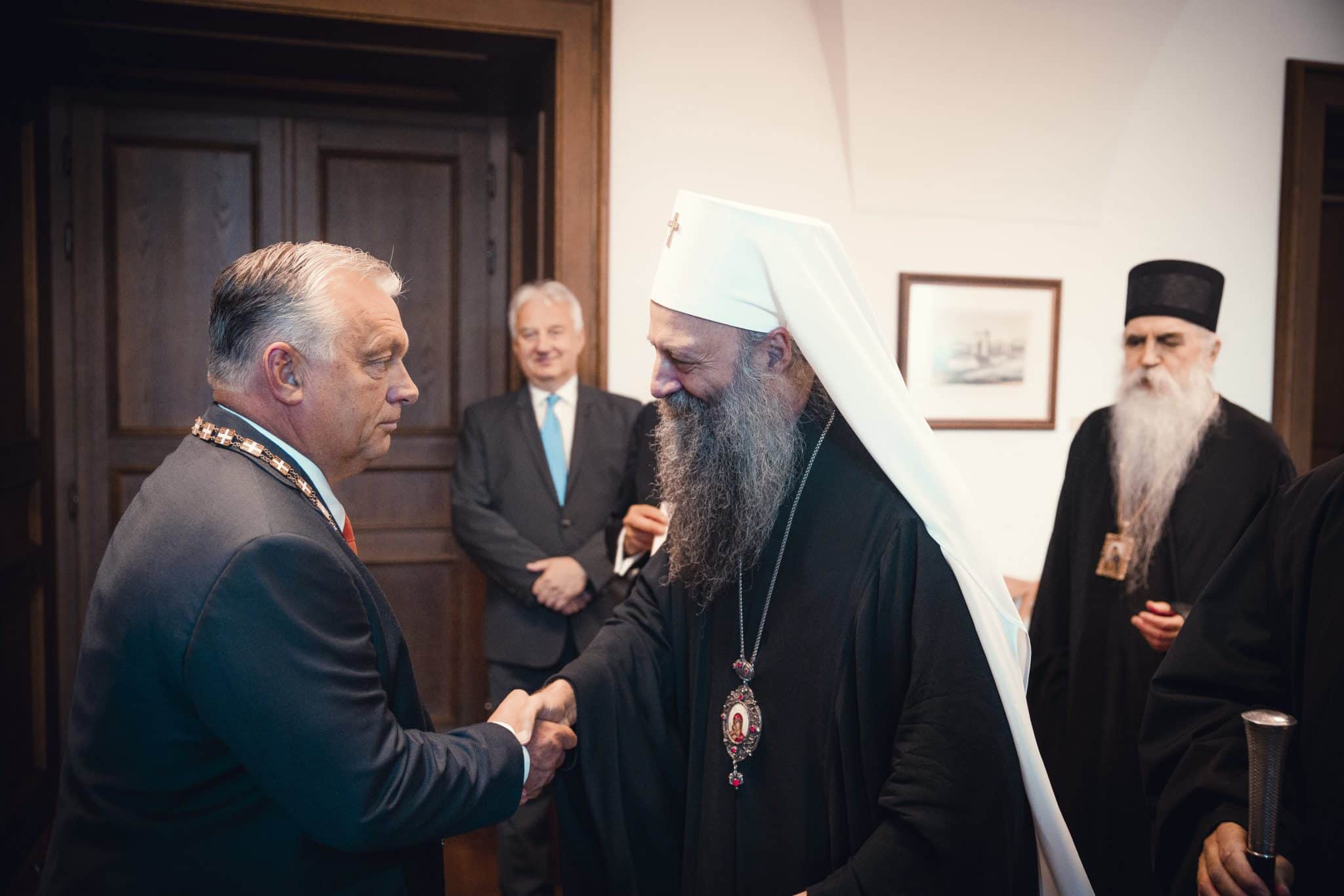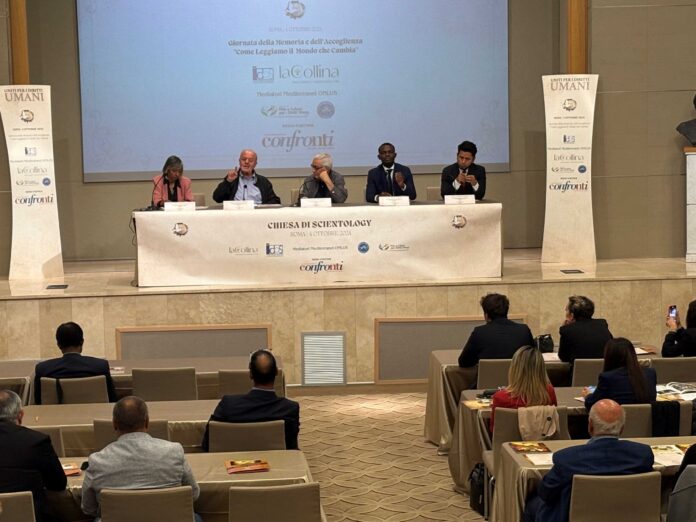Brussels, October 17, 2024 – In a decisive meeting held today, the European Council underscored the European Union’s unwavering commitment to supporting Ukraine amidst ongoing Russian aggression, stabilizing the tumultuous Middle East region, and upholding the rules-based international order. Leaders from all member states convened to address pressing geopolitical challenges, economic resilience, and humanitarian crises, outlining comprehensive strategies to navigate the complex global landscape.
Bolstering Support for Ukraine
The Council reaffirmed the EU’s steadfast support for Ukraine, emphasizing that no initiatives concerning Ukraine will proceed without its active involvement. In a robust move, EU leaders approved a significant provision of up to €35 billion in macro-financial assistance to Ukraine, funded by Russia’s immobilized assets. This financial aid aims to support Ukraine‘s defense capabilities and rebuild critical infrastructure devastated by Russian shelling.
“Ensuring Ukraine’s energy security and integrating its energy system with the EU’s network are paramount,” stated one EU official. The Council condemned Russia’s persistent attacks on Ukraine’s critical infrastructure, including energy facilities and port infrastructure, which have far-reaching implications for global food security. In addition to financial support, the EU is facilitating the rapid delivery of air defense systems, ammunition, and missiles to bolster Ukraine’s defense and protect vital infrastructure.
Strengthening Sanctions and Accountability
EU leaders reiterated their commitment to enforcing sanctions against Russia and other aggressors. They condemned third countries that continue to support Russia’s war efforts through the provision of technological and software goods, urging these nations to cease all assistance. The Council welcomed the adoption of a new sanctions regime targeting Russian hybrid threats and indicated readiness to impose further sanctions or import tariffs on Russian and Belarusian products if necessary.
Addressing reports of executions of Ukrainian prisoners of war by Russian forces, the Council stressed the importance of adhering to international humanitarian law. “No crime should go unpunished,” a spokesperson emphasized, highlighting the EU’s dedication to ensuring accountability for violations of international law.
Addressing the Middle East Crisis
The European Council expressed deep alarm over the escalating military conflicts in the Middle East, particularly condemning the Iranian attacks on Israel and the violence in Lebanon. Leaders called for immediate ceasefires, humanitarian assistance, and strict adherence to international law. The EU committed to enhancing its humanitarian engagement and supporting mediation efforts led by Egypt, Qatar, the United States, and Jordan to de-escalate tensions and promote regional stability.
In Lebanon, the Council condemned the military escalation and emphasized the protection of civilians and infrastructure. Leaders called for an immediate ceasefire along the Lebanese-Israeli border and the full implementation of UN Security Council Resolution 1701, which mandates the cessation of hostilities between Israel and Hezbollah.
Upholding the Rules-Based International Order
Amid rising global tensions, the European Council reiterated its commitment to the rules-based international order, with the United Nations and its Charter at the core. Leaders emphasized the importance of ending impunity for violations of international law and supporting decisions of international courts. They welcomed the ‘Pact for the Future’ adopted at the 79th UN General Assembly, aimed at revitalizing the multilateral system and enhancing the UN’s effectiveness.
Enhancing EU Competitiveness and Economic Resilience
The Council underscored the EU’s dedication to strengthening its long-term competitiveness and economic resilience. Leaders called for urgent efforts to address challenges identified in recent reports by Enrico Letta and Mario Draghi, focusing on advancing work to enhance the EU’s market dynamics and competitiveness strategy. An informal European Council meeting is scheduled for November in Budapest to further discuss these initiatives.
Tackling Migration and Strengthening External Borders
Migration remained a critical topic, with EU leaders advocating for a comprehensive approach to migration management. The Council called for intensified cooperation with countries of origin and transit to address root causes, combat trafficking and smuggling, and prevent irregular departures. Leaders emphasized the importance of implementing existing EU laws and swiftly introducing new legislative proposals to streamline returns, ensuring safe and legal migration pathways.
Supporting Moldova and Georgia’s EU Aspirations
The European Council reaffirmed its support for Moldova and Georgia in their aspirations to join the EU. Leaders commended Moldova’s commitment to reforms and stability, while also urging Georgia to adopt democratic and sustainable reforms to align with EU values. The Council emphasized the EU’s readiness to support both nations on their European paths, recognizing their sovereignty and territorial integrity.
Responding to Humanitarian Crises in Sudan and Venezuela
Concerns were raised regarding the humanitarian situations in Sudan and Venezuela. The EU leaders called for an immediate cessation of hostilities in Sudan and urged the international community to uphold humanitarian pledges. In Venezuela, the Council condemned post-election human rights violations, urging the authorities to respect democratic will, end repression, and release political prisoners. The EU pledged to work with regional partners to support a peaceful and democratic transition in Venezuela.
Preparing for Upcoming UN Conferences
Looking ahead, the European Council reviewed preparations for key United Nations conferences, including the UN Biodiversity Conference (COP16) in Cali, Colombia; the UN Climate Change Conference (COP29) in Baku, Azerbaijan; and the UN Desertification Conference in Riyadh, Saudi Arabia. Leaders called for ambitious actions to combat climate change, biodiversity loss, and pollution, reaffirming the EU’s commitment to its financing goals to support these global initiatives.
Conclusion
Today’s European Council meeting highlighted the EU’s proactive stance in addressing some of the most pressing global challenges. From supporting Ukraine and enforcing sanctions against aggressors to stabilizing the Middle East and enhancing economic resilience, the Council’s comprehensive strategies reflect the EU’s dedication to peace, security, and prosperity both within and beyond its borders. As the EU navigates these complex issues, its commitment to international law and multilateral cooperation remains steadfast, positioning it as a pivotal actor in shaping the future of global politics.












